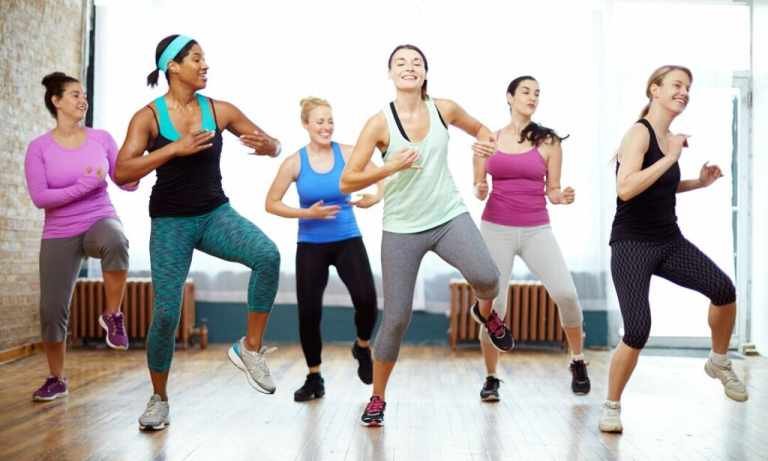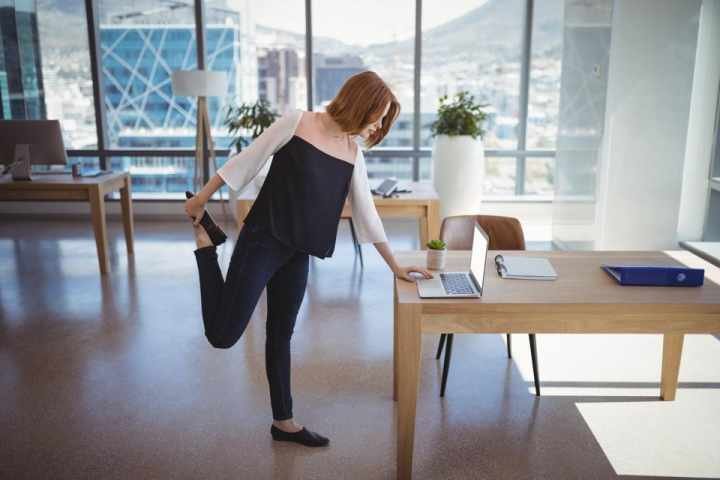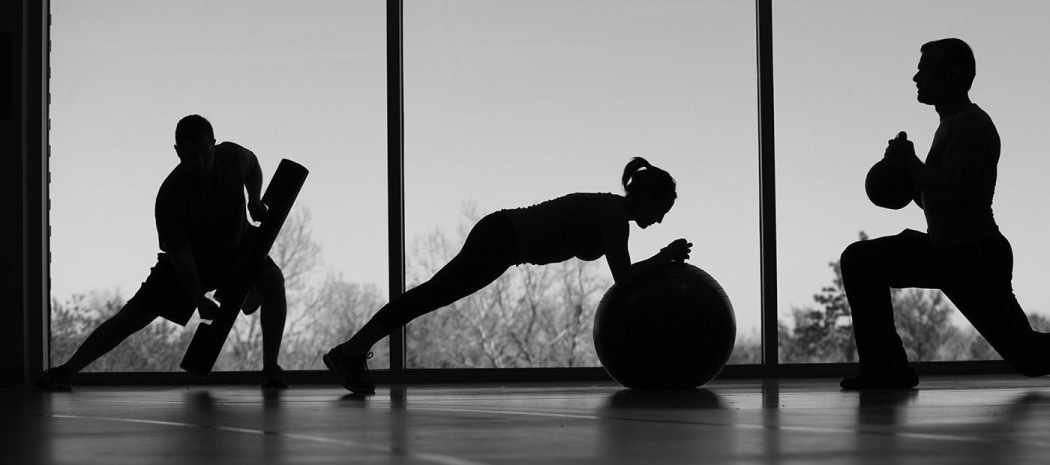Along with balanced diet physical activity and exercise play an immediate and important role in long term health. It improves your quality of life by decreasing your risk of chronic diseases. And today we’re going to talk about exercise and physical activity. And the importance of exercise. According to an article published by the Harvard health blog exercise helps the brain both directly and indirectly. Physical activity reduces the insulin resistance, inflammation and stimulates the release of growth factors in the brain. That affects the growth of new blood cells. These growth factors keep the brain healthy. It improves brain activity which also improves mood and sleep. And reduces stress and anxiety.
There are many other benefits of exercise. Some of the most common include:
- improved blood flow
- general body fitness
- weight loss and
- stress relief
Let’s first talk about the difference between exercise and physical activity.
Exercise
Exercise is really an activity that is repetitive, structured and well planned. Whether that’s going to a gym, whether that’s going to a Zumba class. Whatever it is it’s structured it’s planned and it’s repetitive.

Physical Activity
Physical activities are the things that we do every day. We do yard work, we walk the dog, we run errands, go to the grocery store, clean house right? So that’s our physical activity. And so what we’re going to learn is that this is just as important. Also how we can pump up our physical activity to make it a little bit more exercise worthy for us. And get the benefits of that.

The medical research has shown that exercise is really one of the cornerstones of being healthy. The four corner stones of being healthy are:
- Maintaining a healthy weight
- Eating healthy as often as you can
- Exercise and physical activity and
- Getting a good night’s sleep
Importance of Exercise and Physical Activity
Well there have been medical reports that say sitting is the new smoking. But a new study suggests that just one hour of physical activity a day simply or something as like a brisk walk or a bike ride just may undo the increased risk of early death. That comes with sitting eight hours or more on a daily basis. Look at World Health Organization they talk about 30 minutes 150 minutes a week. If you look at American Heart Association they talk about 30 minutes every day. So it goes back to exactly what do we need.
What is Sitting Disease?

There’s a new disease called sitting disease. It could be as bad as high cholesterol it could be as bad as smoking. And all of that can increase the risk of heart disease and stroke. If you sit for more than five hours a day. It increases the risk of heart disease twice. So what do we want to do is start moving and stop sitting. Only 25% of America is actually moving and exercising. Based on this study you should be doing about an hour of any exercise a day.
By the way it doesn’t have to be continuous. You can break it down into many different segments. If you do about 60 minutes a day you can delete the risk of 8 hours of sitting. We’re sitting more because we’re behind TVs and computers. And sedentary lifestyle is really big risk. Well now you know the importance of exercise so start moving today!
What About People Who Can’t Walk?

but you know this is just coming in my mind is what about those people who are confined to the bed due to medical issues or can’t really walk because they have to use you know a wheelchair due to a medical condition. How are they to get their exercise that is a really important question. And the answer is of course things like physical therapy upper body exercise can translate to lower body exercise you have to do more of it but certainly if you can’t use your legs you want to use your arms.
What To Do In Office?

So we know the importance of exercise but what do we do in our office? Because we’re sitting behind the computer. Now you have standing desks that you should be doing. And there are many apps that you can basically program on your phone. That would alert you you’re sitting more than 30 minutes. And they will encourage you to move around. Have a standing desk end up going back and forth, go to cooler, get your coffee, take the stairs instead of elevator, take the long way and little things like that make a significant difference.
Things like Fitbit disciplines you and pushes you whether it’s accurate or whether Google health is more accurate it doesn’t really matter. When you’re wearing it, it forces you to go up the stairs. It’s a biofeedback, it is a way to stimulate and your mind to make sure that you you know to basically take more steps.
How Long You Need To Exercise?

The other issue here that is the first time that a study has ever put together the idea of being sedentary and not moving at all versus how much exercise you would need to overcome that. If you sit for eight hours you need to exercise for a full hour. We’re talking about at least brisk walking. I prefer biking or running or using the elliptical if you can because walking everyone says they did exercise but maybe they didn’t walk enough. If you do three or four hours of sitting you don’t need as much you need 30 to 40 minutes a day
It’s Dose Dependent
Well the other thing that came of the study that was interesting was that it’s dose dependent. Meaning that she does it an hour and half a day and I do only thirty minutes. She is going to be living longer. She’s going to have a lower risk of heart disease. And these are new things that we find with new research.
Benefits
The importance of exercise can be determined from its numerous health benefits. We know that exercise will help maintain and improve our physical strength. You want to be able to use our daily activities and do our daily activities for as long as we can right? You also know that it improves balance and as we age balance gets a little bit off.
So we know that we need to be able to strengthen our muscles and keep our muscles strong. So that it helps with our balance. We know that if you have never had these diseases, diabetes, heart disease, cancers, osteoporosis. Exercise will actually prevent you from getting them now. And if you have them already this is what’s going to happen is exercise will manage all of those diseases.
Exercise Affects Mood
We know that that feel-good hormone (serotonin) is released with exercise. So it reduces the feelings of depression. It makes us feel good overall. And it really makes us have more energy after we exercise. And it creates new pathways in our brain. So it helps improve our cognitive function as we’re learning repetitive things it will help improve that and that’s all good things.
Conclusion
So in conclusion daily physical activity and a variety of exercises have significant improvements on the brain and the body. Therefore it is important to include regular exercise in our daily routines. In order to maintain a healthy body and also to prevent lifestyle diseases.

